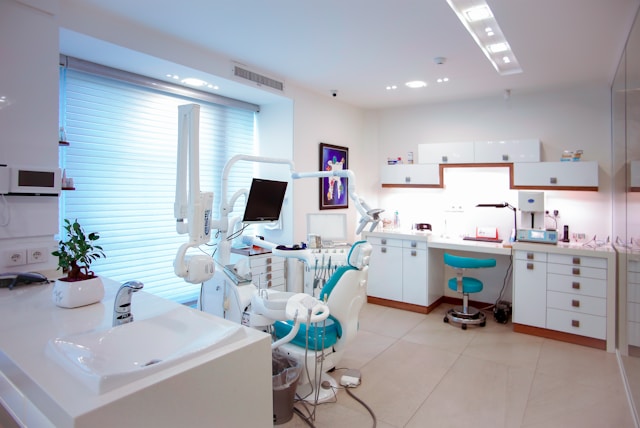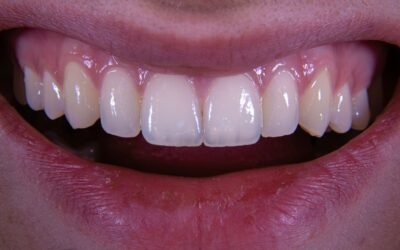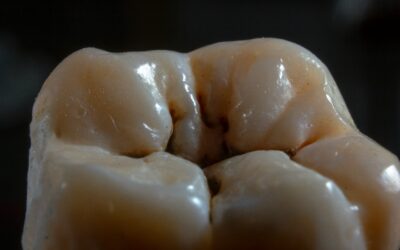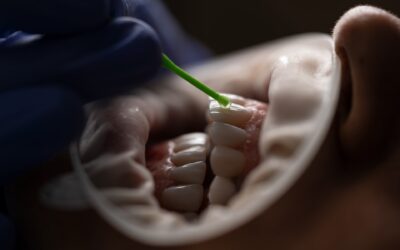Choosing a dentist is a crucial decision for maintaining your oral health. In the UK, this decision often boils down to two options: private dentistry or NHS. Both have their advantages and disadvantages, and the right choice depends on your personal needs, preferences, and financial situation. Here we’ll explore the key differences between private and NHS dentists to help you make an informed decision.
Accessibility & Availability
NHS Dentist: NHS dentists provide services that are subsidised by the government, making them more affordable for the general public. However, finding an NHS dentist can be challenging due to high demand and limited availability. Many patients report long waiting times for appointments, especially for non-urgent care.
Private Dentist: Private dentists, on the other hand, usually have more flexible scheduling and shorter waiting times. Because they operate on a different funding model, they can often offer more appointment slots and greater convenience for urgent and routine care alike.
Cost & Financial Considerations
NHS Dentist: The cost of NHS dental treatment is divided into three bands:
- Band 1: £25.80 for an examination, diagnosis, and advice.
- Band 2: £70.70 for all treatments covered by Band 1, plus additional procedures like fillings, root canal work, or extractions.
- Band 3: £306.80 for more complex procedures like crowns, dentures, and bridges.
These fixed costs make NHS dentistry an attractive option for those on a tight budget.
Private Dentist: Private dentistry can be significantly more expensive. Costs vary widely depending on the procedure, location, and the individual dentist’s pricing structure. However, private dentists often offer a wider range of treatments, including cosmetic procedures that are not typically covered by the NHS, such as teeth whitening and veneers.
At Cheslyn Hay Dental Practice we offer a 10% discount on your dental care with Denplan. Denplan is a comprehensive dental care plan that allows you to spread the cost of your dental treatments over the year with a monthly fee. This makes it easier to budget for your dental care and ensures you have access to the treatments you need without unexpected expenses. With Denplan dentist essentials, you can enjoy all the benefits of private, preventative dentistry through a convenient monthly payment of just £14.50 per month.
Range & Quality of Services
NHS Dentist: NHS dentists provide essential treatments necessary to maintain good oral health. This includes routine check-ups, cleanings, fillings, and extractions. While the quality of care is generally high, the range of services may be limited compared to private dentistry.
Private Dentist: Private dentists often provide all these services as well as a broader spectrum of services, including advanced cosmetic dentistry and restorative treatments. They may use the latest technology and materials, offering a higher level of personalisation and comfort. Patients seeking specialised treatments like teeth whitening, dental implants, or advanced oral care with Air polishing treatments.
Continuity & Personalisation of Care
NHS Dentist: With NHS dentistry, you might not always see the same dentist for each visit, which can impact the continuity of care. This is often due to the high patient turnover and demand for services.
Private Dentist: Private dental practices typically offer a more personalised experience. You are more likely to see the same dentist regularly, allowing for better continuity of care and a stronger patient-dentist relationship. This can be particularly beneficial for patients who require ongoing or complex treatments.
Facilities & Technology
NHS Dentist: NHS dental practices are well-equipped to provide essential dental care, but they may not have the latest technology or the most luxurious facilities. The focus is on providing necessary care efficiently and affordably.
Private Dentist: Private dental practices often invest in state-of-the-art technology and modern facilities to enhance patient comfort and treatment outcomes. From digital X-rays to laser dentistry, private dentists may offer advanced techniques that are not available through the NHS.
Making Your Decision
When deciding between a private dentist and an NHS dentist, consider the following factors:
- Budget: If cost is a major concern, NHS dentistry offers high-quality care at a lower price point.
- Convenience: For more flexible scheduling and shorter waiting times, private dentistry may be the better choice.
- Treatment Needs: If you require specialised or cosmetic treatments, private dentistry offers a wider range of options.
- Continuity of Care: For a more personalised experience with consistent care from the same dentist, private dentistry might be preferable.
- Technology and Comfort: If advanced technology and a comfortable environment are important to you, a private dentist is likely to meet these needs better.
Ultimately, both NHS and private dentists play vital roles in maintaining oral health. Assessing your personal needs and priorities will guide you to the right choice for your dental care.







